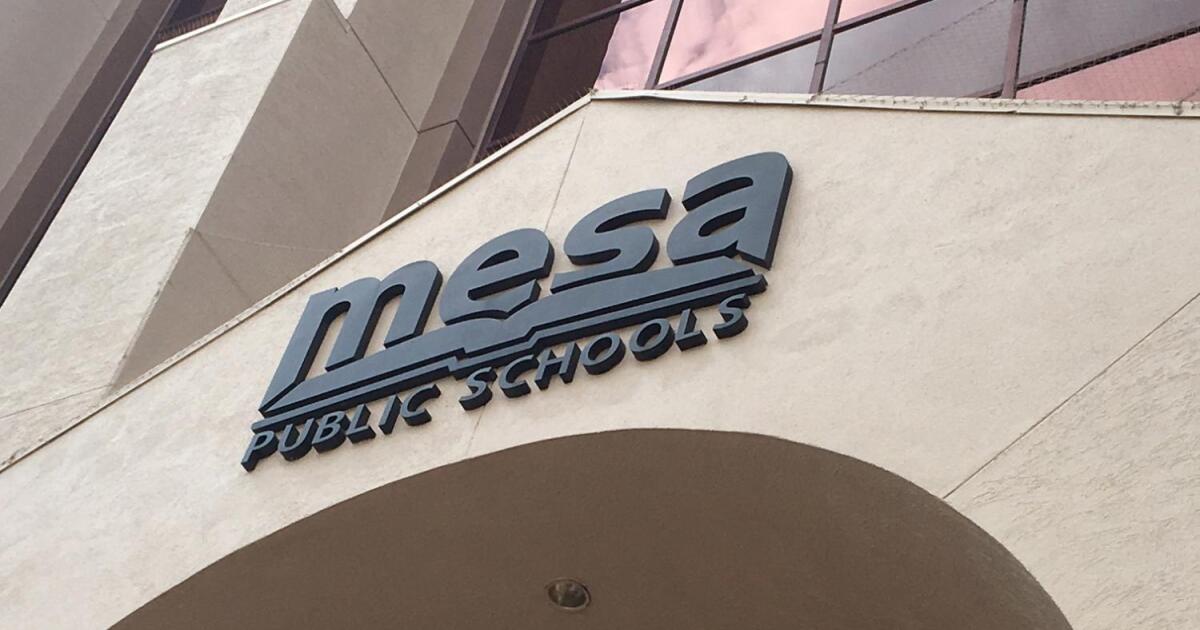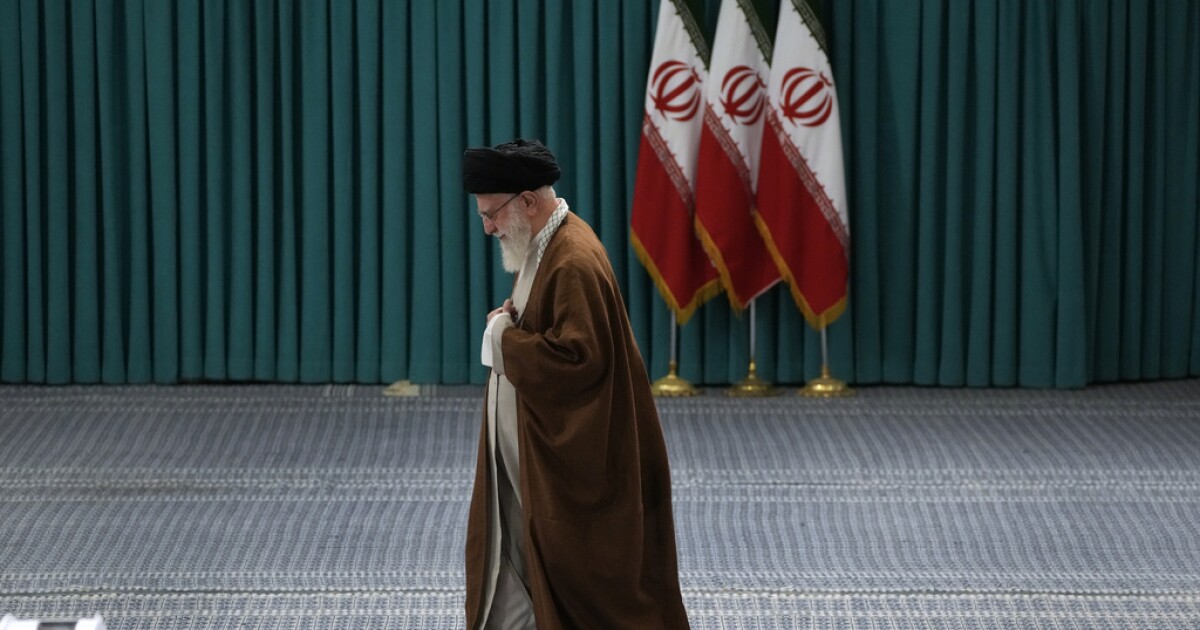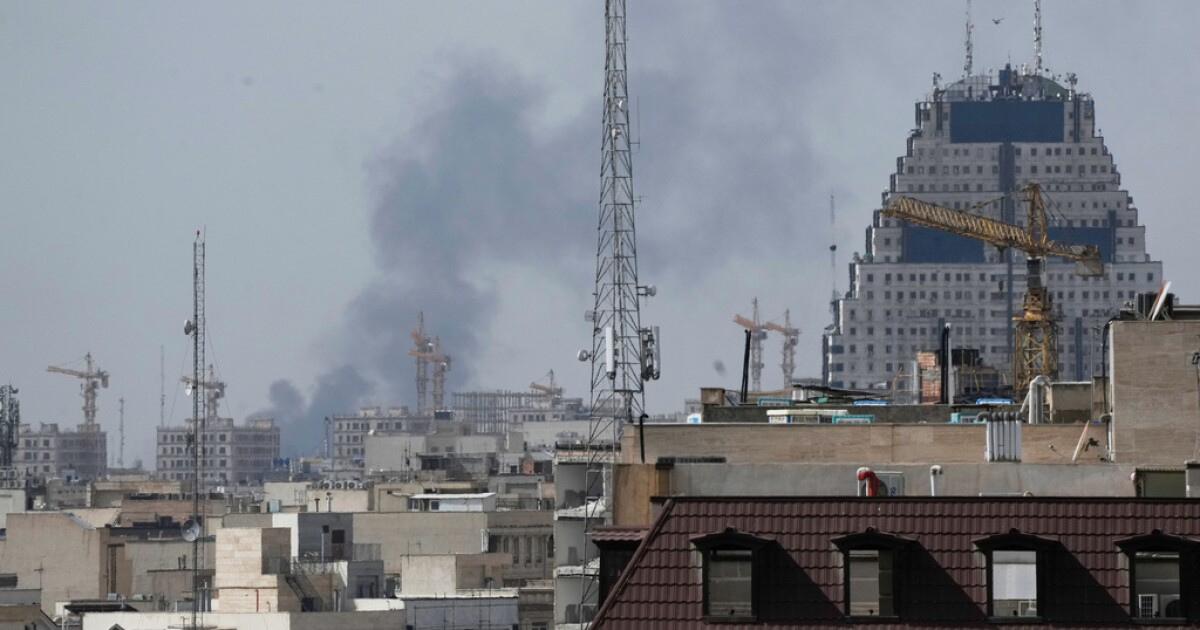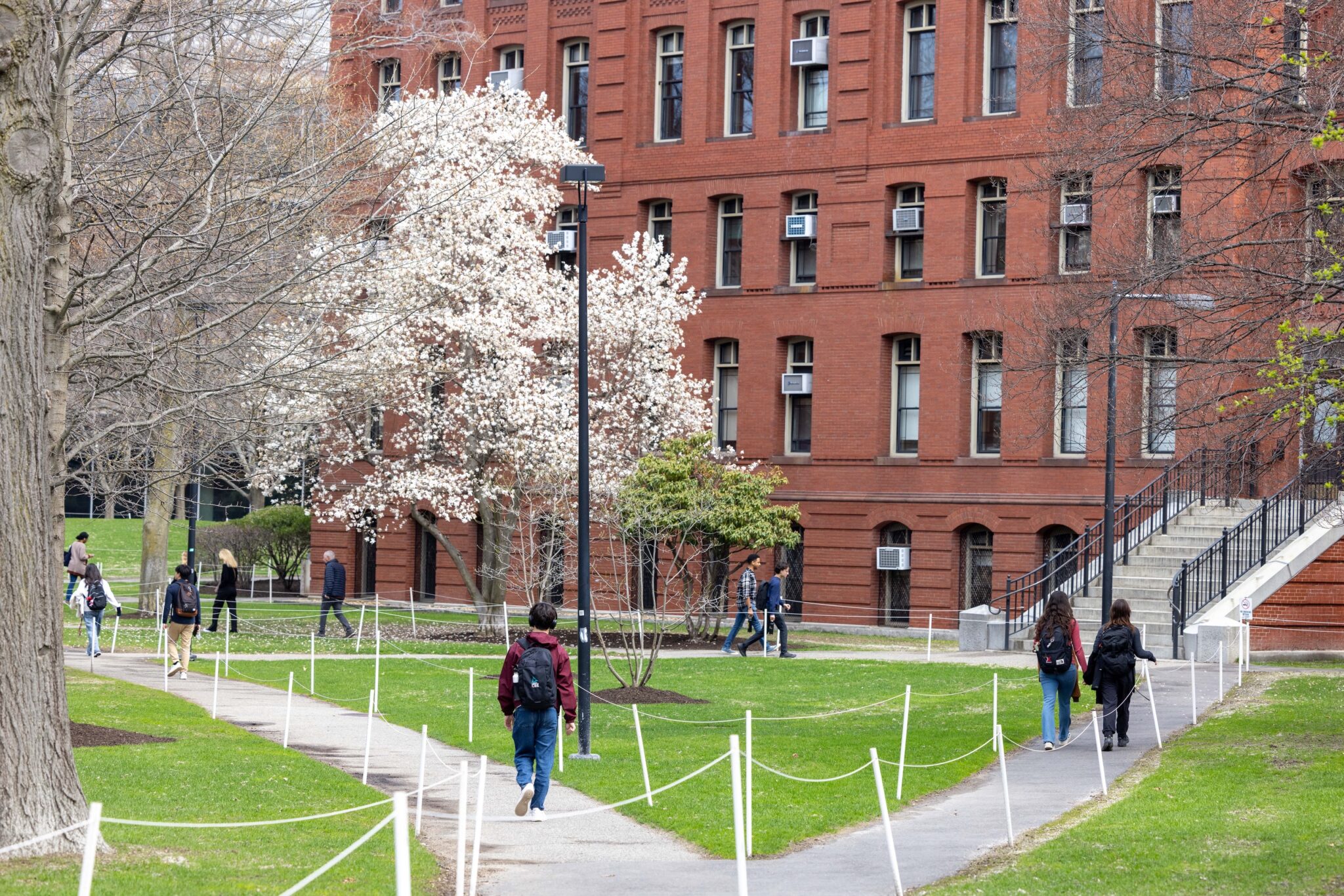Michigan’s Political Landscape Set for Major Shift as Senator Gary Peters Announces Retirement
In a move that has caught many off guard, Michigan U.S. Senator Gary Peters has revealed his intention to retire in two years. This early announcement opens up an extended timeline for potential candidates to position themselves for the upcoming election, potentially reshaping the state’s political future.
The departure of Peters could lead to a competitive race as both major parties look to avoid a costly and divisive primary. Ideally, they hope to rally behind a leading candidate who can unite the party and avoid lingering tensions heading into the crucial November election.
However, the political scene is far from settled. Potential contenders for the Michigan governorship in 2026 may reconsider their plans, while others might seize the opportunity presented by the open Senate seat.
Complex Dynamics in Upcoming 2026 Elections
The 2026 elections promise to be pivotal, with multiple high-profile contests and a range of factors at play:
- Michigan will have open races for both the governor’s office and the U.S. Senate simultaneously for the first time since direct Senate elections began in 1916.
- Voters will also elect new officials for attorney general and secretary of state.
- The entire state House and Senate seats are up for grabs, with both Democrats and Republicans eyeing potential majorities.
- National politics may influence local outcomes, as the party in the White House typically faces challenges in midterm elections.
- A state constitutional convention question, known as the Con-Con, will also be on the ballot, adding another layer of intrigue.
This unprecedented confluence of open positions and political variables is creating a unique electoral environment in Michigan. The state has never before encountered such simultaneous uncertainties and opportunities at the ballot box.
Political science professor David Dulio from Oakland University poses a critical question: “Which trend is stronger?” He refers to the typical mid-term punishment of the president’s party by voters or the Michigan tendency to switch parties after two terms. This dynamic is further complicated by the fact that no party has won three consecutive gubernatorial races since term limits were introduced.
With numerous open statewide offices and significant congressional races, will voter turnout see an unusual boost? The dynamics of primaries and conventions, often less predictable than general elections, will also play a critical role in shaping the political landscape.
Impact of Tariffs and Economic Policy on Michigan
As political discussions intensify, economic factors remain a key concern. The impending Trump administration tariffs could redirect consumer behavior towards U.S.-made goods, impacting Michigan’s manufacturing sector. Governor Whitmer has emphasized the potential consequences for the auto industry, as supply chains are globally interconnected.
Amidst these challenges, Michigan’s jobless rate edged up to five percent in December, prompting debate over which party voters will hold accountable. While Democrats might blame President Trump, Republicans could argue the trend began under Democratic oversight, leaving the state legislature under pressure to address issues such as housing costs.
In the meantime, the Michigan Economic Development Authority faces scrutiny, with bipartisan efforts to limit business incentives. Recent legislation aims to prevent the state from requiring legislators to sign non-disclosure agreements for economic deals.
The state is also approaching a court-mandated increase in minimum wage and guaranteed sick leave, with ongoing legislative negotiations adding to the political tension.
For further details on these evolving stories and more, stay tuned to Michigan Public Radio’s political updates.
—
Read More Michigan News










